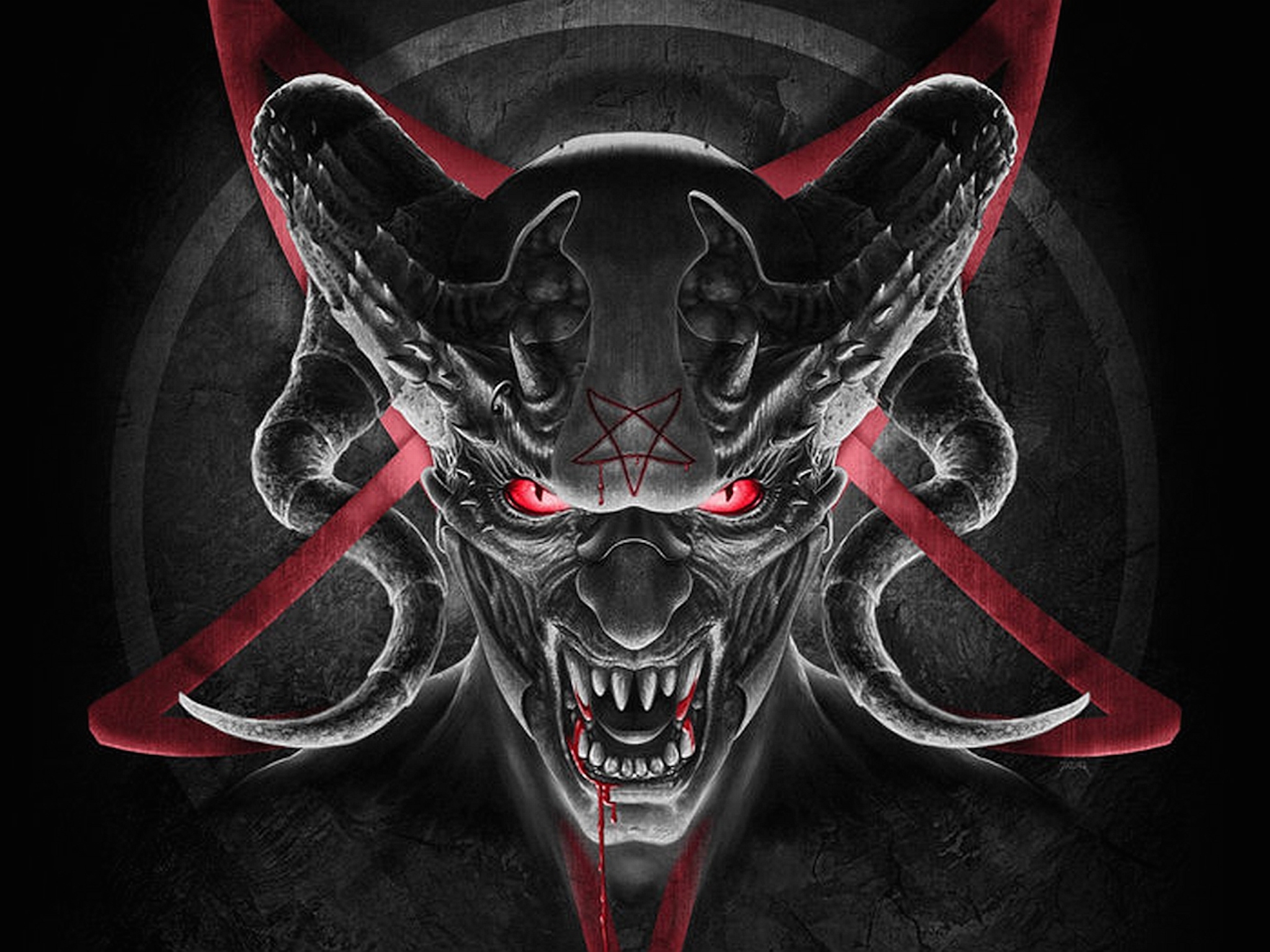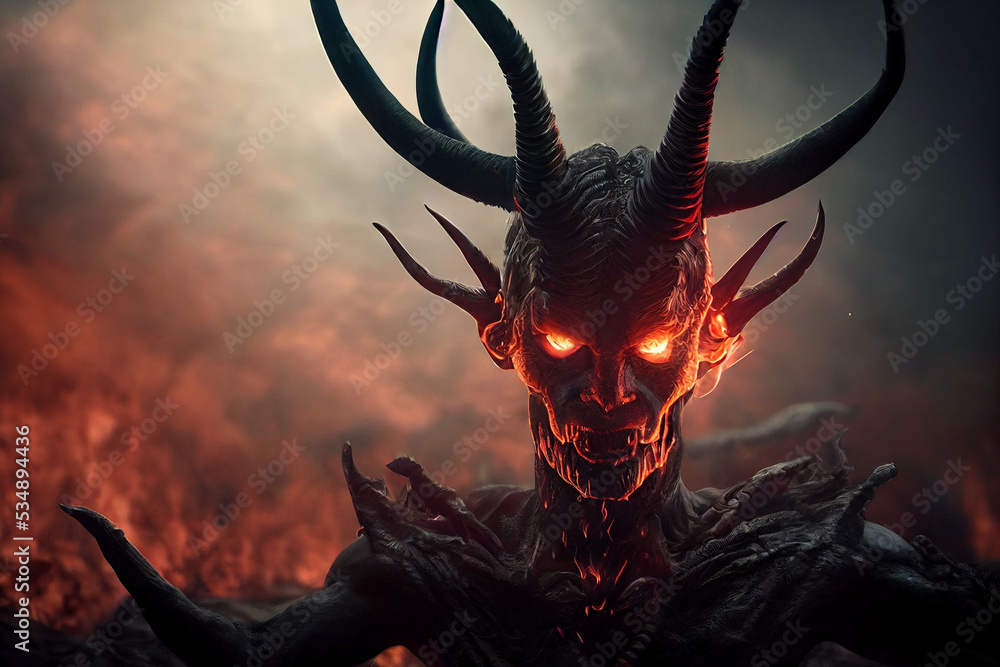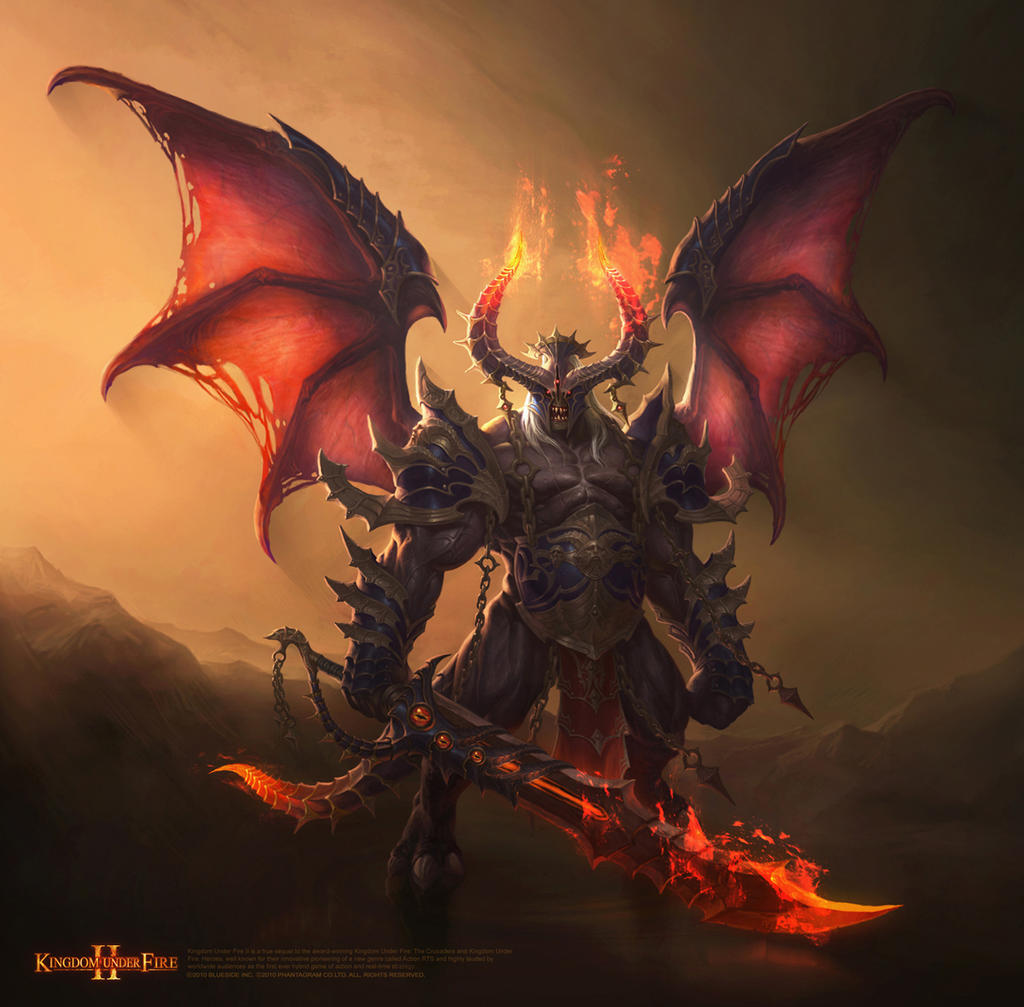Unearthing Potent Demon Male Names: A Deep Dive Into Their Lore
Have you ever found yourself drawn to names that carry a certain weight, a sense of ancient power or even a touch of darkness? Perhaps you're crafting a story, designing a game character, or just curious about the rich tapestry of folklore. Exploring demon male names can be surprisingly fascinating, offering a glimpse into centuries of human belief and imagination. These names, you know, often evoke strong feelings, and for good reason, too.
For ages, stories about demons, or just belief in them, have appeared in many different places. You find them in old folklore, intricate mythologies, various religions, and even in the mysterious world of occultism. Frankly, they also show up a lot in literature. This deep history, as a matter of fact, means these beings have truly left their mark on our collective consciousness, shaping how we think about good and evil, and what lies beyond our everyday sight.
And so, it's really no surprise that these ancient beliefs, these very ideas about powerful, often unsettling beings, are still reflected in so much of our current media. You see them in exciting fiction books, detailed comic series, big-screen films, gripping television shows, and even the immersive worlds of video games. We're going to take a look at some of these names and the stories behind them, sort of understanding why they resonate so much with us, even today.
Table of Contents
- What Makes a Name "Demonic"?
- A Glimpse into Demonic Hierarchies and Their Names
- Popular and Powerful Demon Male Names
- Using Demon Male Names in Creative Works
- The Shifting Meaning of "Demon" Through Time
- FAQs About Demon Male Names
What Makes a Name "Demonic"?
When we talk about a "demon," what exactly do we mean? Well, typically, the general idea of a demon is that of an evil spirit, a supernatural being. This meaning, you know, is pretty common across many different belief systems and stories. Historically, though, the concept has, like, shifted a bit over time, but this core idea of something not quite human and often not quite good has, more or less, stuck around.
In many faiths, people have actually studied, in a way, a whole hierarchy of demons. It's not just a bunch of random evil spirits; there's often a structure, a sort of chain of command among them. These demons, you see, might be described as nonhuman separable souls, or perhaps discarnate spirits that have, like, never lived in a body at all. There's often a pretty clear difference drawn between these two kinds, especially by groups like the Melanesians and several African communities, among others.
It's interesting to note, too, that the word "demonize" means to make someone appear evil. This shows, arguably, how deeply the concept of a demon is tied to wickedness in our language. Yet, in ancient cultures, a demon didn't always have, you know, such a negative meaning. Sometimes, it was more about a divine spirit or a guiding force. But as religion evolved, so too did the demons, becoming more consistently associated with malevolence. That's just how it goes, really, as beliefs change.
A Glimpse into Demonic Hierarchies and Their Names
The idea of demons having a structured society, a sort of underworld government, is a pretty old one. For instance, in 1613, a Dominican prior and French inquisitor named Sébastien Michaëlis wrote a book called *Admirable History*. This book, you know, included a classification of demons. He apparently got this information from a demon named Berith, who spoke to him during the exorcism of a nun. It's quite a story, that, according to the author himself.
These beings, often described as having superhuman abilities, are generally unseen. They are, you know, spirit creatures. The Bible, for example, identifies the first angel to transform into a demon, and it explains how other angels followed him in Noah's day. These were, in fact, angels who became God's enemies when they disobeyed in Noah's time and joined Satan. So, they weren't always evil, but they chose a different path, you know, a rebellious one.
There's also a distinction often made between "Demon" and "Devil." The "Devil" is often seen as the most evil presence, perhaps even the "god" of the evil side, if you will. A "Demon," on the other hand, is generally considered a supernatural being, typically associated with evil, but the word itself doesn't carry quite the same intense religious weight as "Devil." A demon, you know, is often thought of as an evil spirit, while a devil is, arguably, the ultimate evil. Sometimes, a demon can even be, like, a servant or a minion of the devil. But, honestly, sometimes they can be used interchangeably, too. It's a bit fluid, that language, you know?
Popular and Powerful Demon Male Names
When people look for demon male names, they often seek out those that have a history, a certain echo of power or darkness from ancient stories. These names, in fact, are typically found prevalent in religion, occultism, literature, fiction, mythology, and folklore. They also pop up in various media, such as comics, video games, movies, anime, and television series, which just goes to show their enduring appeal, doesn't it?
Many of these names have become household words, at least for those familiar with such lore. They often carry a sense of dread or awe, depending on the context. For example, some names that are widely recognized and often appear in stories include:
- Lucifer: Often associated with the "light-bringer" who fell from grace.
- Beelzebub: Sometimes called the "Lord of the Flies," a powerful figure.
- Asmodeus: Known as a demon of lust and gambling, a very cunning one.
- Belial: A name often meaning "worthless" or "wicked," connected to lawlessness.
- Azazel: Linked to the scapegoat ritual and associated with forbidden knowledge.
- Mammon: Personifies greed and wealth, a truly corrupting influence.
- Leviathan: A monstrous sea creature, sometimes seen as a demon of envy.
These names, you see, are often described as being summoned by someone, and then either sent to do works of evil or to create chaos. That's, like, their main gig in many narratives. The very sound of them can, you know, suggest something ancient and formidable. They are, in a way, almost characters in themselves, just by their very existence in our collective consciousness. So, when you hear them, you typically get a strong sense of what they represent, which is pretty cool, honestly.
It's also interesting how some of these names, or the idea of a "demon," can describe a person who does a particular activity with great skill or energy. For example, you might say "he studied English every day for 10 hours like a demon." This usage, you know, takes the energy aspect of a demon and applies it to human endeavor, which is a rather interesting twist on the meaning, isn't it? It shows, you know, how flexible language can be, even with such powerful words.
Using Demon Male Names in Creative Works
For writers, game designers, and other creators, selecting a name is a big deal. When it comes to characters that embody power, darkness, or a challenging presence, demon male names offer a rich source of inspiration. They immediately convey a certain atmosphere and hint at a character's nature, which is, like, pretty useful for storytelling. The very sound of them, you know, can set a mood for the audience.
These names, in fact, are incredibly versatile. You find them in epic fantasy novels, gritty comic book series, thrilling horror films, complex television dramas, and expansive video game worlds. Their presence in these forms of media, you see, isn't just for shock value. It's often to tap into the deep-seated cultural understanding of what a "demon" represents: a supernatural being, typically associated with evil, capable of great influence or destruction. That's, like, a lot to pack into a single name, isn't it?
Choosing a name like "Azazel" or "Belial" for a character instantly gives them a backstory, a connection to ancient lore, and a sense of formidable presence. It's, you know, a shortcut to establishing a character's power or their role as a source of worry or conflict. Sometimes, these names are used to represent internal struggles, too, like when sources of worry or conflict that trouble a person or group of people are referred to as their "demons." This shows, honestly, how the concept extends beyond just external evil spirits to internal battles, which is, you know, a pretty deep way to think about it.
So, when crafting a character, picking one of these names can add layers of meaning and intrigue. It's not just a label; it's a piece of history, a whisper of ancient power. This is why, you know, sites like "Demon facts" exist, offering a source for all things occult, helping people learn about different demons and other supernatural subjects. They help you, like, really get into the lore, which is pretty cool if you're into that kind of thing, you know?
The Shifting Meaning of "Demon" Through Time
It's quite fascinating to consider how the meaning of "demon" has changed over the centuries. For instance, the word "Demon" in Greek was originally "Daimon," but its meaning was, you know, quite different from what we typically think of today. In ancient Greek culture, a "Daimon" could be a divine spirit, a guiding force, or even a genius. It didn't always have, you know, an evil connotation at all. Socrates, for example, spoke of his "daimonion" as a divine inner voice guiding him, which is, like, totally unlike our modern understanding of a demon.
However, as religion evolved, so too did the meaning of these beings. The concept, you see, became more strictly defined, often in opposition to divine forces. This shift, you know, led to the modern interpretation where a demon is almost universally understood as an evil spirit. This change reflects, arguably, the development of theological frameworks that sought to clearly delineate good and evil, divine and malevolent. It's a pretty stark contrast, that, from its earlier usage.
This evolution is important because it colors our perception of demon male names. When we hear them today, we immediately associate them with wickedness, with beings capable of doing works of evil or creating chaos. This is, you know, a far cry from the neutral or even positive connotations of the ancient "Daimon." It just goes to show how language and belief systems, like, really shape each other over time, sometimes in surprising ways.
Even today, though, the concept of a "demon" can be applied in various ways. As mentioned, it can describe a person with great skill, but it can also refer to internal struggles, like "a woman possessed by demons" or sources of worry. This flexibility, you know, shows that while the core meaning of an "evil spirit" remains, the word itself has, like, a broader range of applications in everyday language, which is pretty neat, if you think about it.
FAQs About Demon Male Names
What are some common demon male names?
Well, when people think about demon male names, a few often come to mind from various stories and traditions. Names like Lucifer, Beelzebub, Asmodeus, and Belial are, you know, pretty frequently seen in literature and media. These names are, like, widely recognized because they've been around in folklore and religious texts for a long, long time, which is why they pop up so much, you know?
Do all demon names mean something evil?
Actually, that's a good question! While today "demon" almost always means an evil spirit, historically, it wasn't always the case. In ancient Greek, the word "Daimon" could refer to a divine spirit or a guiding force, not something evil at all. So, while modern usage definitely leans towards evil, the original meaning was, like, quite different, which is pretty interesting, isn't it?
Where do we find these demon names?
You can find these names in so many places! Historically, they appear in folklore, mythology, and various religions. They're also, you know, quite common in occult studies and a lot of old literature. Nowadays, you'll see them everywhere in popular culture, too, like in fiction books, comic series, movies, TV shows, and video games. They're, like, pretty much woven into our storytelling, as a matter of fact.

Evil Demon Wallpaper | Free Demon Downloads

Scary demon monster in hell. Created with Generative AI. Stock

Demon by Gpzang on DeviantArt